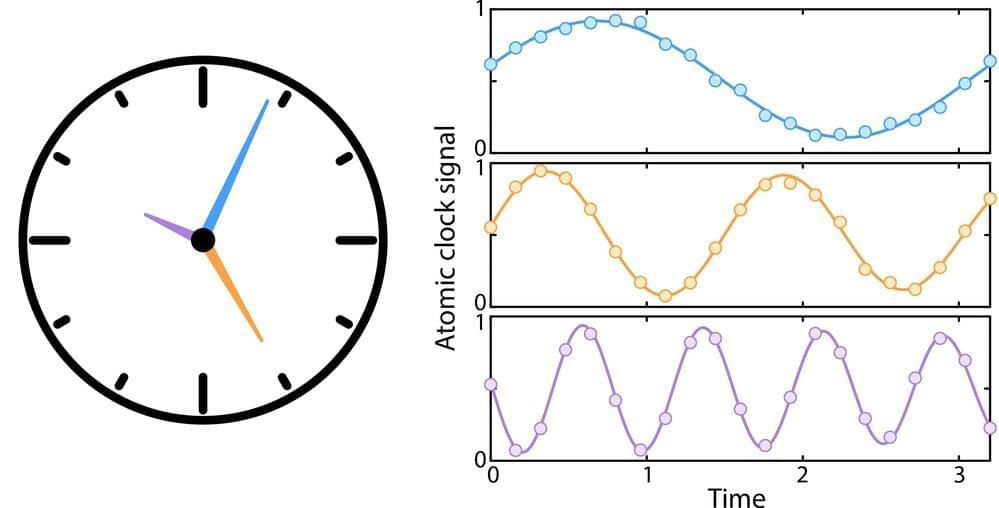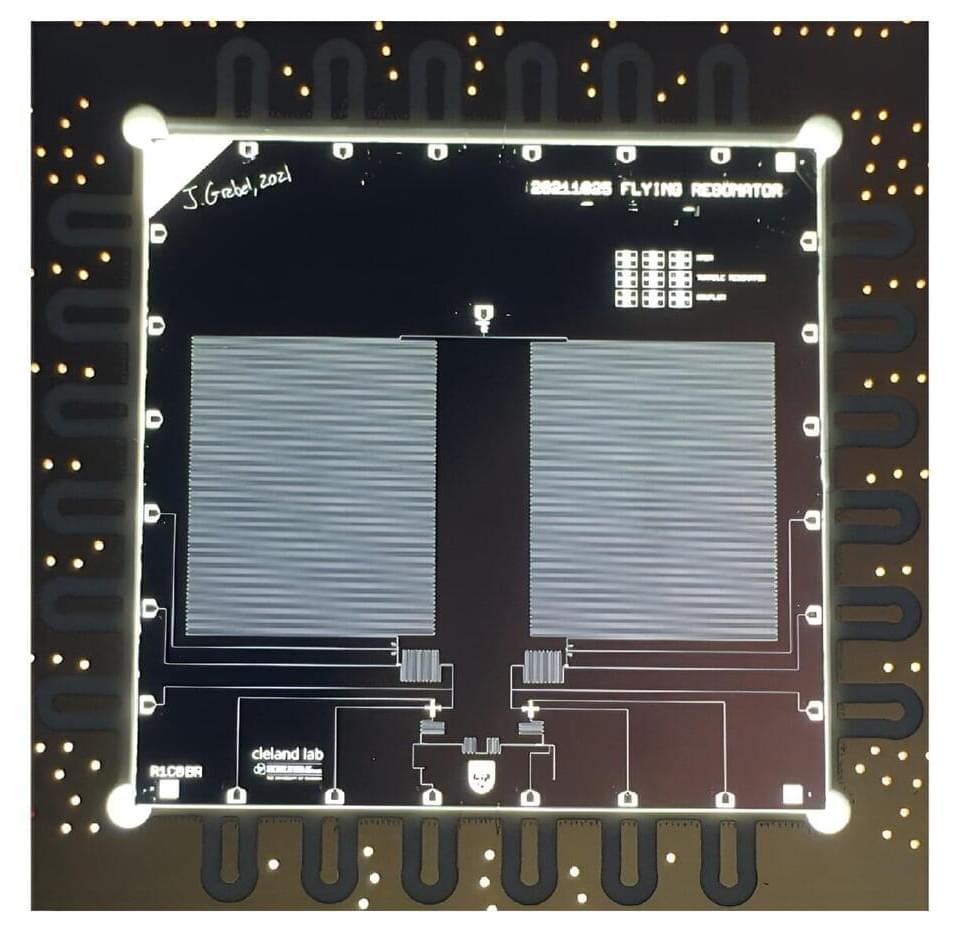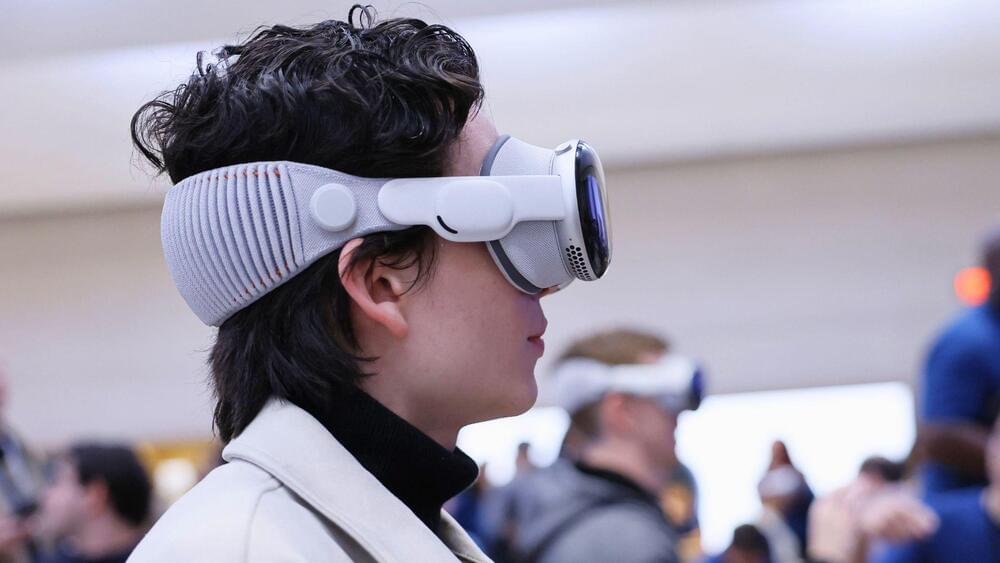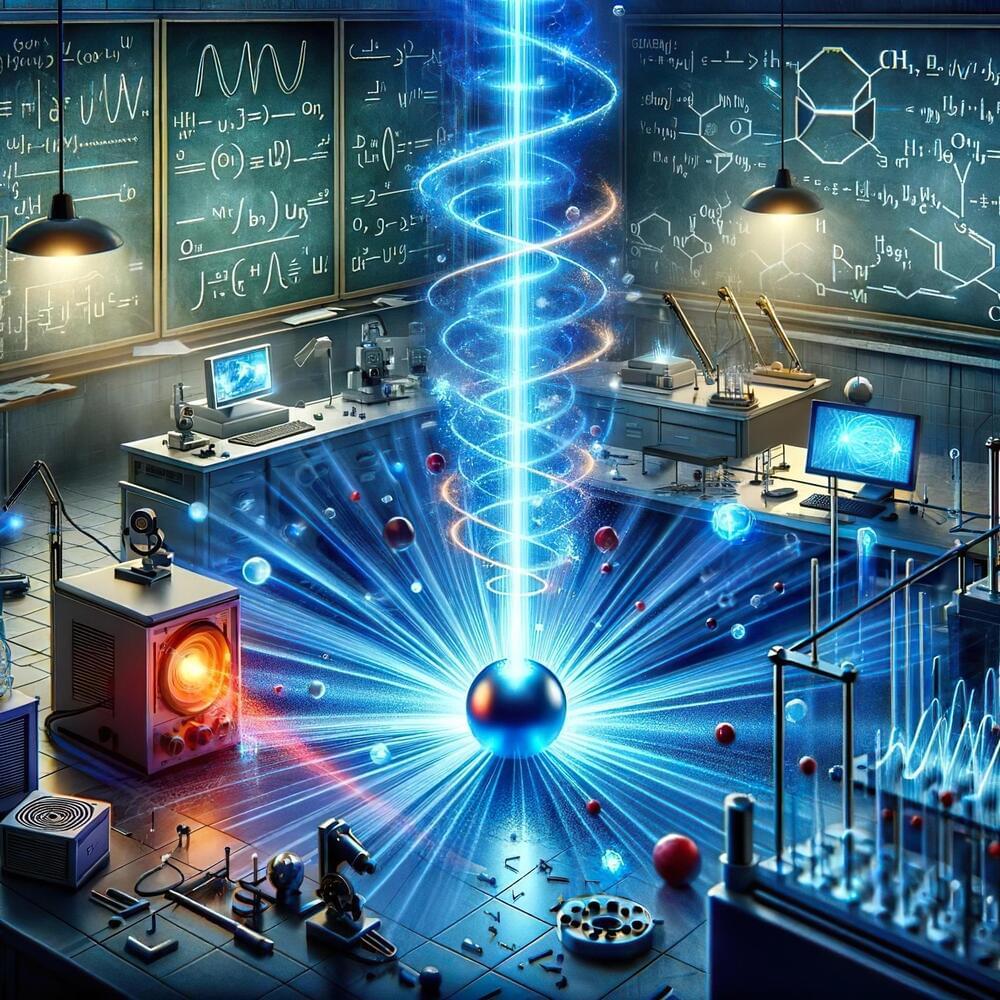Atomic clocks are a class of clocks that leverage resonance frequencies of atoms to keep time with high precision. While these clocks have become increasingly advanced and accurate over the years, existing versions might not best utilize the resources they rely on to keep time.
Researchers at the California Institute of Technology recently explored the possibility of using quantum computing techniques to further improve the performance of atomic clocks. Their paper, published in Nature Physics, introduces a new scheme that enables the simultaneous use of multiple atomic clocks to keep time with even greater precision.
“Atomic clocks are decades old, but their performance improves every year,” Adam Shaw, co-author of the paper, told Phys.org.








